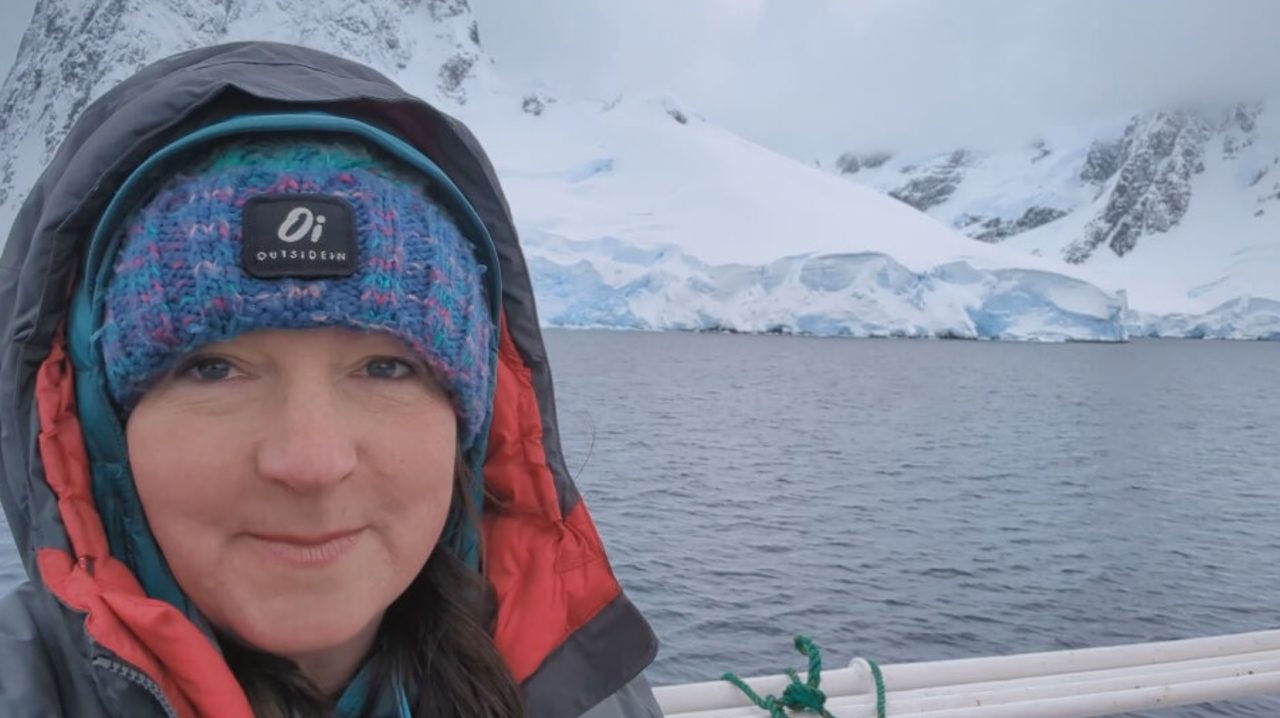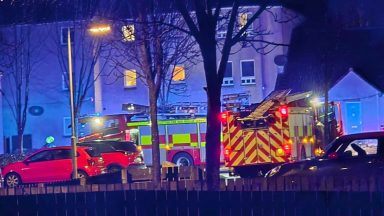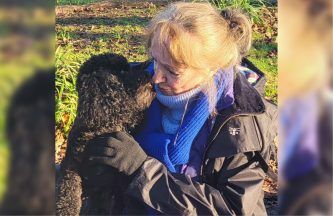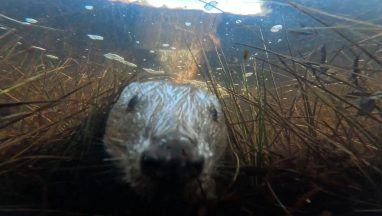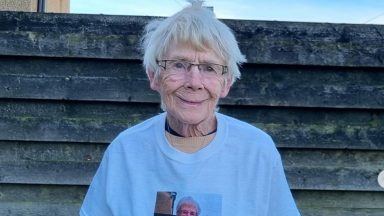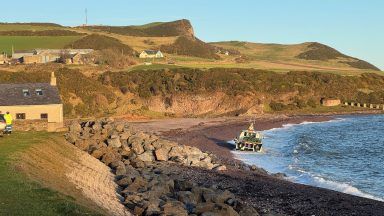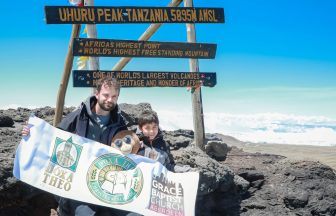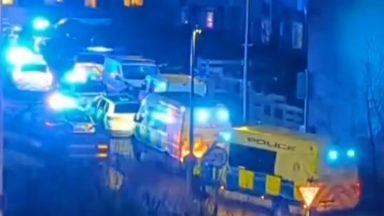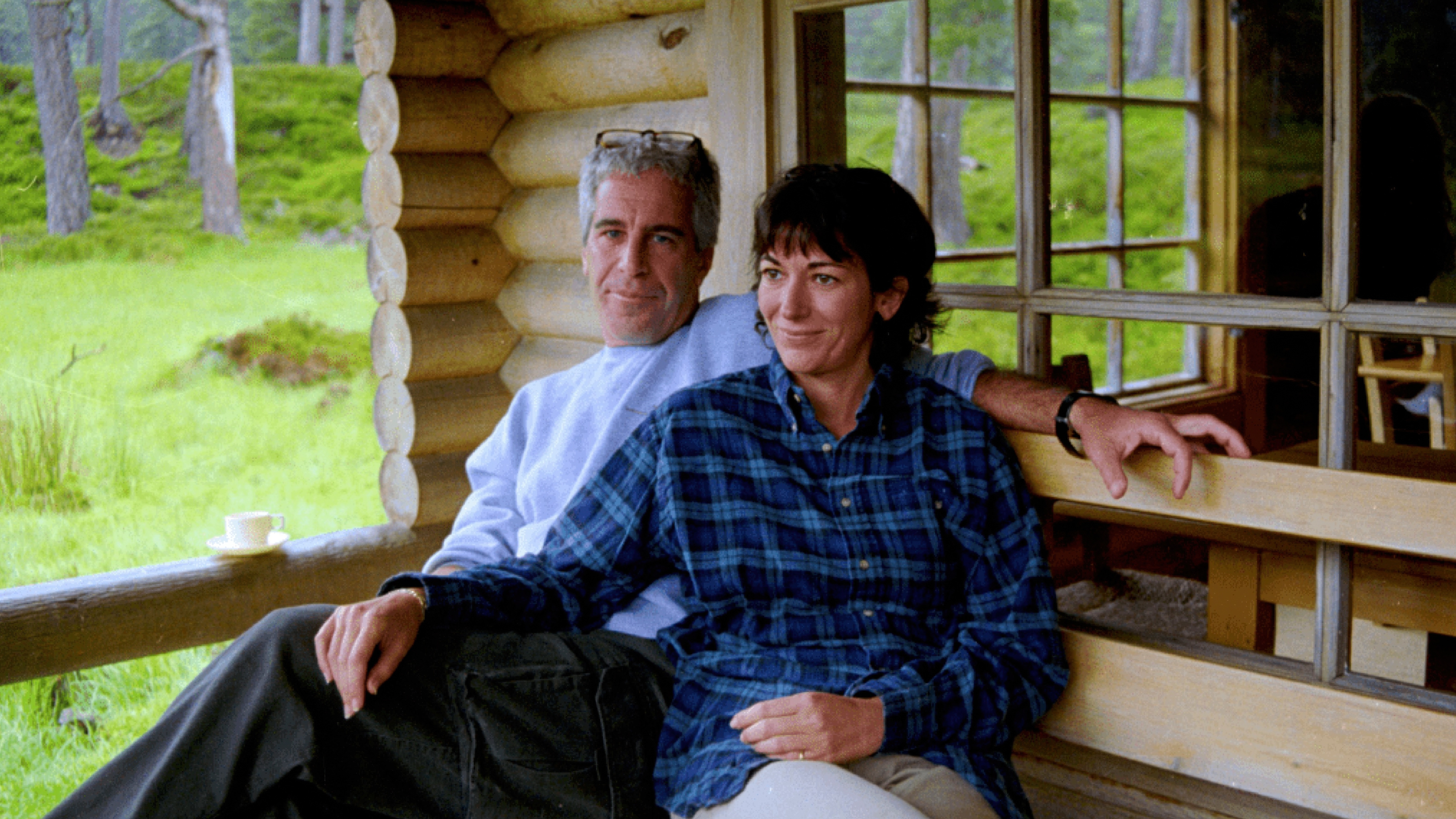A lecturer at Abertay University is urging people to make more environmentally friendly decisions after seeing the impact climate change is having on Antarctica.
Dr Rebecca Wade joined 87 other women working in STEM on the voyage to the region, which is part of the Homeward Bound leadership programme.
It comes after Antarctica sea ice reached a record low in June 2023, according to the Met Office.
Dr Wade told STV News: “I could see the beauty and it was overwhelming, but I could understand the data and that was frightening.
“It’s the knowledge of knowing there should be more sea ice where we saw open water.
“It’s the knowledge of the penguin colonies that had failed just in the last year or two in the last season because the sea ice broke up earlier than expected.
“Understanding that the amount of sea ice we’ve seen in the last few years is less than any of the other measurements we’ve got from the previous decades or hundreds of years; that’s what I would describe as being dire.

“Here in Scotland, we’re influenced by the things that are happening in Antarctica, even though we’re in the Northern hemisphere.
“It’s in the South those currents around the southern ocean feed the other oceans, they feed the atmospheric conditions.
“What happens in Antarctica doesn’t stay in Antarctica – it affects the rest of the world.”
Expeditions like that one wouldn’t have been possible if it wasn’t for the very first voyage made by the Dundee ship RRS Discovery in 1901.
The data collected by Captain Scott and his crew is still used to help measure changes in the area.
Discovery Point operations manager says the historic data is vitally important to measuring the impact of climate change.
He said: “It’s incredibly important because we know the world is changing, but without these historical research data points, we would have no way of knowing just quite how much it is changing and how drastically it’s changing.
“The work they carried out onboard the Discovery and the voyages when they went out on sledges pulled by dogs going into the wilderness nobody had every seen before, they were setting the scene for what we know now.
“We can tell right now how much things are changing.”
Follow STV News on WhatsApp
Scan the QR code on your mobile device for all the latest news from around the country


